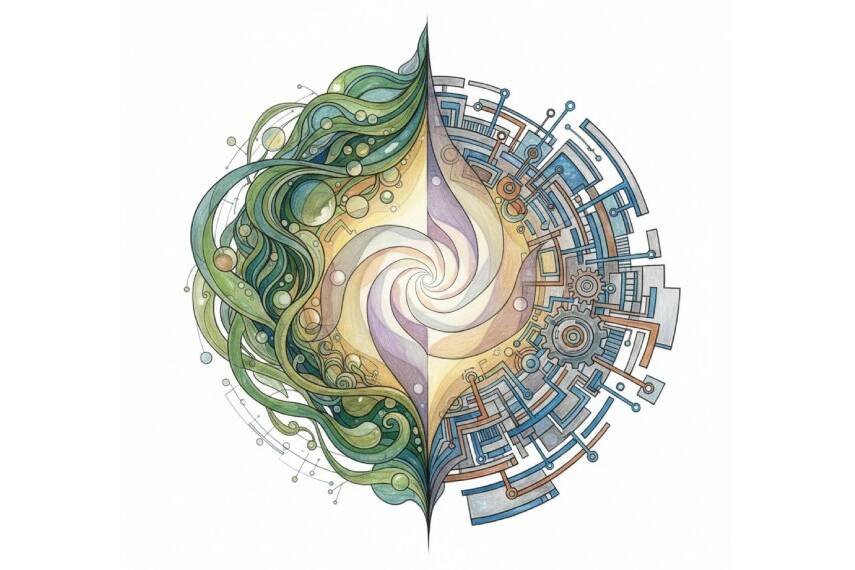Smart glasses are only as good as Selfish wearables if they do not bring about tears of concern for the suffering lot—reminds Mujeeb Jaihoon.
Technology promises to make our lives easier, more connected, and better. We’re told our devices will become seamless extensions of ourselves, and our struggles will vanish. But we have to ask: are we really living up to that promise?
We wear smartwatches that track our health metrics and carry phones that put the world in our pockets. We rarely leave home without our wireless earbuds. These tools are meant to make us “smarter” and more aware, yet with all this tech, are we truly seeing the world around us?
We can watch global events unfold in real time, yet we may fail to notice the anguish in the eyes of the person sitting right beside us. We share articles and viral videos about humanitarian crises, using hashtags to express solidarity, but do we ever extend a hand to help the person on the street corner in our own city?
Our gadgets inform us about the weather, trending topics, and our friends’ activities, but they don’t prompt us to recognize the unseen struggles of the deprived. The irony is that as our technical vision becomes more sophisticated, we grow more indifferent to the hardships of our fellow humans. This very “smart” vision can analyze the complexities of a war but often fails to see that it’s powered by the same systems that contribute to the conflict.
We cannot allow technology to become a justification for our inaction. We must look up from our screens and engage meaningfully with the world beyond them. It’s crucial to listen not just to our playlists but also to the pleas of the marginalized. Let’s remember that the most vital kind of sight is the one that allows us to see humanity in others, and the most powerful technology we possess is our own compassion. Smart glasses are only as good as Selfish wearables if they do not bring about tears of concern for the suffering lot.
Sep 16 2025
Mujeeb Jaihoon
Mujeeb Jaihoon, reputed Indian author, explores themes of universal love, deeply embedded in a disruptive spiritual worldview.
Related Posts
Mar 05 2026
A Shameless Seeker on the Sinful Sinai
Standing atop a mountain of mistakes, a bold seeker shamelessly demands the…
Feb 26 2026
Perfection is His Sole Privilege
Surrender "should have" fantasies to embrace the divine perfection and wisdom…
Feb 25 2026
Feathers and Bars: The Immortal Inmate
Jaihoon explores the mystical paradox of the ageless, vibrant soul trapped…
Feb 11 2026
Of Wounds and Wonders: Seeking the Divine Signature in Love and Pain
To love is to know. Whether through nature or machines, seekers find the…



